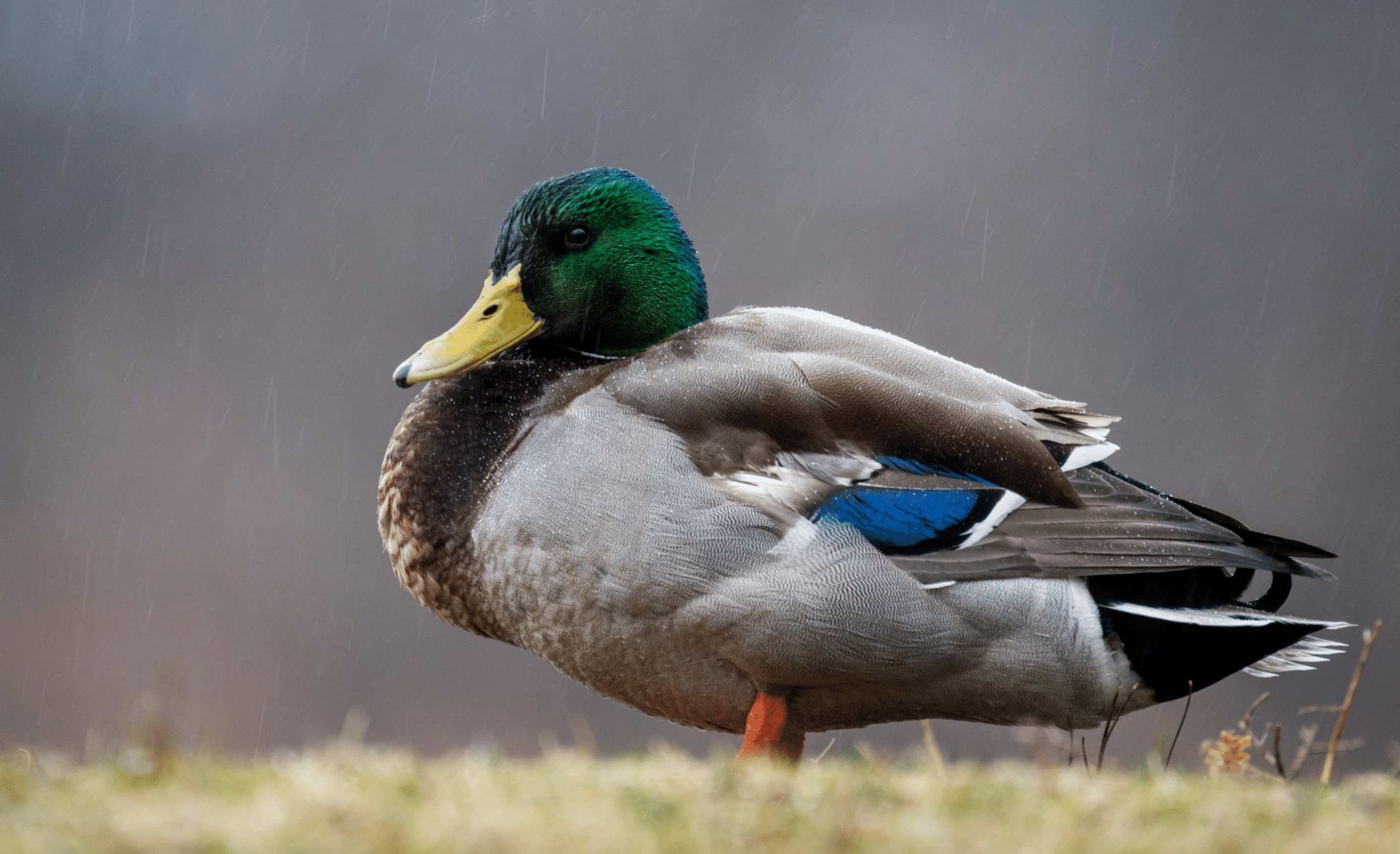Getting Ready for the 2021 Duck Season

Getting Ready for the 2021 Duck Hunting Season
When it comes to hunting and fishing, we all are at the mercy of Mother Nature. Cold fronts, pressure systems, winds, heavy rains, lack of rain…they all affect our hunting and fishing. However, I think that duck hunters are most at the mercy of Mother Nature. Year around, the weather has a profound impact on our duck hunting season, and here in Iowa, we worry about the weather conditions throughout the flyway all the way from Canada to here right here in Iowa.
So, what does duck hunting look like for 2021? Since late last year, much of the Hawkeye state has been in some form of drought with northwest Iowa having the most severe drought conditions. As we head toward this fall, many of our small sloughs are dry or so low that they are virtually impossible to hunt. This will push both hunters and ducks to the bigger waters and definitely make for more crowded conditions.
For Iowa’s duck hunters to be successful, everything relies again on weather. Migration pushes almost totally rely on fronts that push the ducks from Canada and down into Iowa. Even during the early September 1-16 teal season, subtle drops in nighttime temperatures and a northwest wind will usher in a new push of teal. According to DNR Waterfowl Biologist Orrin Jones, the 2020 teal season was one of the best in years with September having a very active weather pattern that brought several pushes of teal into the state resulting in a lot of hunting action. Looking back to 2020, the second week of November showed the highest counts of duck numbers in the past five years. Jones also notes that after many years of hunter number decline, there was actually a 7% increase in the purchase of migratory game bird stamps.
Heading into the October duck seasons, more intense fronts to the north will usher in flights of migrating ducks. The huge key here is getting the northwester to occur in the Dakotas and Minnesota, while the temperatures remain above freezing here in Iowa. Of course, as the temperatures drop, the smaller sloughs freeze over and it now becomes big water rigs, breaking ice and going to field hunting.
Heading into 2021, the framework for the duck seasons and the bag limits were from anecdotal information became of the pandemic. Most continental breeding surveys were canceled in 2020, but biologists believe that population status has remained positive with modest increases in production numbers.
For 2021, the state is now split into three different zones:
North Zone –
from the Minnesota border to HWY 20
Central Zone –
from HWY 20 south to HWY 92
South Zone –
everything west of Interstate 29 and south of HWY 92 to the Missouri border
For, a quick look at all waterfowl hunting dates and bag limits, check out the chart.
Hunting for success
Successful duck hunting relies on several key factors. Whether you hike back into secluded wetlands that keeps a lot of hunters away, hunt sloughs, inland rivers or the Mississippi or Missouri rivers, it all comes down to location, location, location. That starts with scouting. In a year like this, where water levels are down, scouting is so important. Check out water levels, duck flight patterns and where the best locations are for setting up a decoy spread based on wind direction. How many sloughs, lakes and rivers meet the criteria for hunting success?
The fewer hunting locations, the earlier you will have to be on the water to secure your hunting location. If possible, try to pick your spot so that you can’t be cut off by another hunting party that sets up after you do. Also, give yourself plenty of room so that another group won’t set up and cause shots to be made toward each other.
Second, the best spot in the slough means nothing if you aren’t totally blending in with your surroundings. Ducks have great eyesight and anything that looks different from the rest of the surroundings will often cause the ducks to land elsewhere. They might not flare away, but they will simply will not come into shooting range. Don’t believe me? Just take the time to go to a slough and observe hunters and their blinds. The blind needs to match the surrounding vegetation. The boat needs to blend right in.
Next comes human movement. It seems that a lot of hunters cannot avoid gawking around. They will be standing up in the boat peering up in the sky and out over the slough. At the same time, many hunters do not use a camouflaged face mask, and those faces stick out from a distance. I know that hunters think it’s a bore and want to see the ducks, but the most successful duck hunters use the camouflage to their advantage.
A third factor involves the use of duck calls. A rule of thumb: when in doubt, less is better. There are different sounds that ducks emit at different times. With the YouTube videos and tapes today, it is easy to access the best of the best when it comes to calling. Watch and listen and then practice. To see how you are doing, record your own calling and then honestly compare it to that of the professionals. Once you are on the water, do not decide this is the time to practice. Over the years, I’ve heard some of the most horrendous calling. There is no way that a duck would ever come to those sounds. Again, remember, less is often much better than overcalling.
A fourth factor is the one that makes duck hunters extremely frustrated: sky blasting! The perfect situation is a flock of ducks flying over the slough, spotting your decoy spread, warily circling to make sure everything is safe and then dropping down and hovering over the decoys at 25-30 yards out. That is a duck hunter’s dream. How many times, though, have you had a flock of ducks heading for your decoys, when another hunting party opens up on the birds?
It’s obvious that the birds are coming to your spread, but to skyblasters, it doesn’t matter that the ducks are 60, 70, even 80 yards away. They are going to get their shots no matter what! What they did ruin anybody’s chance of getting a good shot. If a duck is scratched by the volley, the bird is able to fly away, often coasting down at the other end of the slough, most likely ending up dead, but not retrieved by the shooting party. Unfortunately, the more hunting parties on the water, the more often this type of sky blasting occurs.
It’s hard to explain to someone who has never duck hunted what makes the sport so intriguing. It is combination of pre-planning, scouting, getting on the water early, getting set up and then just sitting back in the boat and listening for the sounds of the slough awakening as daylight arrives. It’s the anticipation of that first flock, the rush of the wings and the in-your-face look at the flock of ducks. I’ve had this love affair of duck hunting for the past 60 years, and each hunting season becomes a cherished memory as I hunt with my son and grandson. Make the 2021 duck hunting season a memorable season for you!
By Steve Weisman.
September 2021


